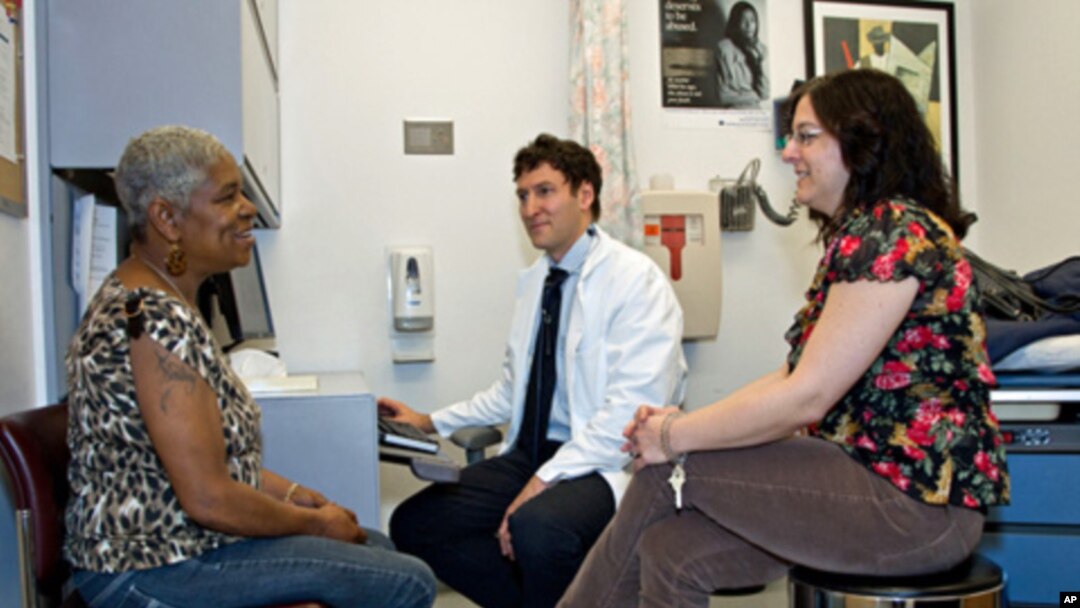Trauma among women infected with HIV is helping drive the epidemic, according to two new studies from the University of California, San Francisco (UCSF) and Harvard Medical School. That trauma can include physical violence, sexual abuse and other forms of childhood and adult trauma.
Edward Machtinger, director of the Women's HIV Program at UCSF, says many women in the program don't do very well, despite good medical care.
Some stayed with abusive partners, or continued using illegal drugs. Others just didn't take their medicine.
Using in-depth interviews with patients in his clinic, combined with data from their medical records, Machtinger found that women were at particular risk if they had experienced recent traumatic events - specifically physical or sexual abuse.
"We found that recent trauma had a startlingly high association with both treatment failure as well as being in risky situations for further transmitting their virus to their partners," he said.
To see whether his small group of just over 100 patients was typical, Machtinger also looked at 29 previous studies. By mathematically combining them in what is called a meta-analysis, he found that traumatic events and post-traumatic stress disorder, or PTSD, were much more common among HIV-positive women than women in general.
"For example, over 60 percent of HIV-positive women reported lifetime sexual abuse. And that is far higher, over five times higher, than [the] 12 percent reporting such abuse in the general population."
This research was limited to women in the United States. Scientists generally don't like to extrapolate beyond their data, but Machtinger says there is no reason to believe that the link between trauma and HIV doesn't apply everywhere there is an AIDS epidemic, regardless of gender or geography. "In other words, I believe that trauma is the key to the HIV epidemic, not only in this country, but in every country."
So now, at the Women's HIV program in San Francisco, Machtinger says they are focusing on trauma prevention and recovery.
"Trauma should be a core component of the care of HIV-positive women, right alongside measuring CD-4 counts, viral loads, and helping women take their HIV medications."
Machtinger adds that HIV/AIDS treatment that also addresses a patient’s physical or emotional traumas can be more effective and significantly less expensive than conventional treatment programs.
Study: Trauma Fuels HIV Epidemic in Women

Edward Machtinger, director of the Women's HIV Program at UCSF, and clinical social worker Beth Chiarelli talk with patient Vicki Blake.
Physical, sexual abuse put patients at greater risk


